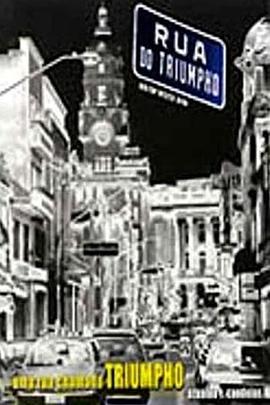
The region of Boca do Lixo in So Paulo and the people from the cinematographic environment that circulated there are recorded in photographs by the director Ozualdo Candeias.
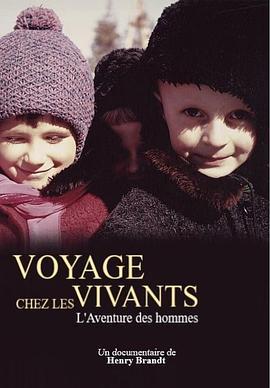
En 1970 et grace aux premières photos de la planète bleue en son entier rapportées des récentes expéditions lunaires, la Terre entre dans la conscience mondiale comme l’espace de vie partagé par tous les humains. Henry Brandt réalise alors ce film poétique sur l’état du monde, l’industrie galopante, l’écologie, les profonds bouleversements humains.
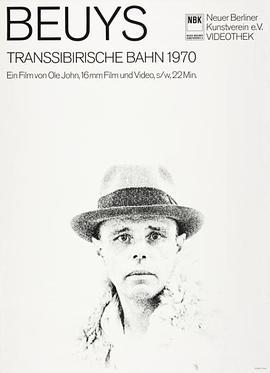
Documentation of the 'action for the camera' by Beuys from 1970. "Transsibirische Bahn nannte Joseph Beuys seine Aktion für die Kamera, die er 1970 aufzeichnen lie. Der Künstler ist ihr einziger Akteur, der, in einen weien Pelz gekleidet, den Betrachter mit den Worten Gesprch am Strand zu lang (den einzigen des Films) auf die Atmosphre eines Existenzraums voller unvertr...
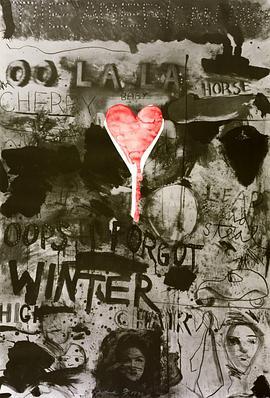
A concentrated look at one of America's early Pop artists, the film was made during Dine's 4-year residency in London. Actively at work in his studio on several large collages, one can clearly see Dine's masterful balance of artistic freedom and control, as he adds and modifies illusionistic images, written words and real life objects to his compositions.
The artist talks about...
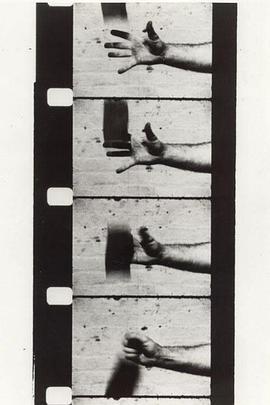
Identifications is a distinct attempt to reveal artistic concern with television production. In this film, the camera's role varied fro m simple observation to active interaction, and in many instances a means to investigate the established television frame. This final Fernsehgalerie production exhibited what Schum asserted as the new mode of art experience: "(...) We no longer...